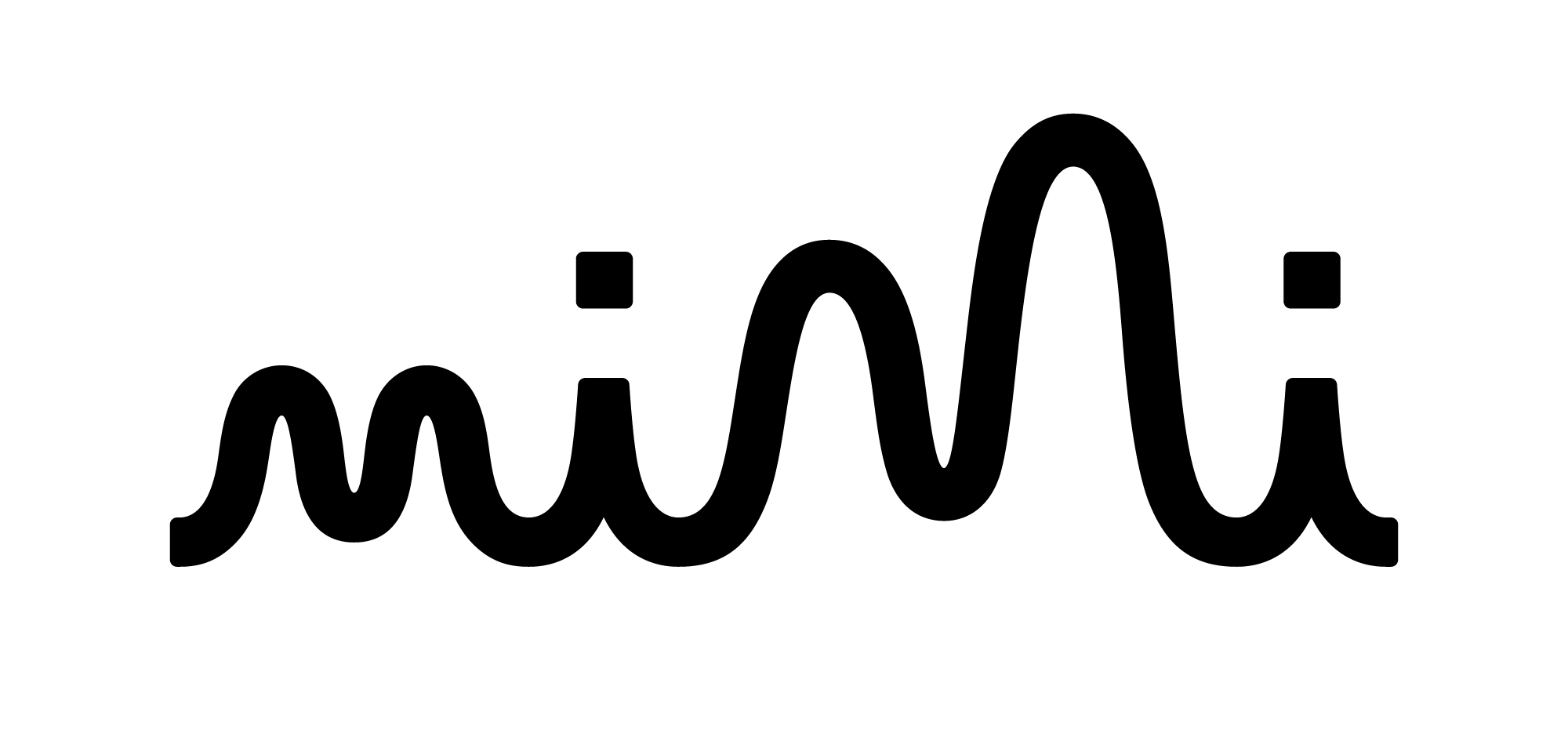By S. Gorman
Noise can be described as sounds we don’t love. In this post we list 9 of the worst aural offenders. Here are the contenders…
And just so you know: sounds higher than 85 decibels (dB) can damage your hearing. Yep, you have health reasons to escape sounds of the loud and unwanted kind.
1. A blaring alarm clock (80 decibels)
I think most of us would agree with this. There’s an extremely satisfying feeling knowing that you don’t have to set a waking time for the following morning. The idea of waking up on your own time and sleeping in, is such a wonderful one. Sometimes however, a ringing alarm clock takes away one of the most precious things – our sleep. You can try waking up to your favorite song, but soon enough – you’ll start hating on it.
2. An electric drill (95 decibels)
Yes, that is on the top of the list too. As most of us have experienced, it starts while we are asleep, which makes it even more unbearable. Why does it always start at eight in the morning anyway, is that some kind of ploy? No matter the time of day noise pollution, especially in cities is a growing problem, is prematurely ageing the world’s ears and becoming an ever greater threat to our hearing health.
3. A vuvuzela (127 decibels)
Everyone hates this. Even if your favorite team is winning, let’s face it, the sound of a vuvuzela brings all your nerves to their pick. How our ears survived the sound of the South African world cup is a miracle.
4. The sound of nails on a chalkboard (varying decibels)
Scientists at MIT, analyzed this topic and found that the two most aversive aspects of a sound are sharpness –caused by high frequencies, and roughness –caused by fluctuation of frequency intensity. Since previous studies eliminated high frequencies as the contributing to the unpleasantness of nails on a chalkboard, the MIT study attributed it to “roughness.” The process of fingernails rapidly catching and releasing the surface of a chalkboard makes for a particularly hellish sound.
5. Screaming (88 decibels)
Maybe it’s not so much the sound, but more so the feeling we get when we hear people scream. The loudness, the negative energy… Research shows that the brain activity in the amygdala increased for unpleasant sounds like screams. “It appears there is something very primitive kicking in,” says Sukhbinder Kumar, the paper’s lead author, from Newcastle University in England. “Although there’s still much debate as to why our ears are most sensitive in this range, it does include sounds of screams which we find intrinsically unpleasant.”
6. A phones line… that’s busy (45 decibels)
It’s not the sound itself, although nobody would list the beep on their all-time favorite list. It’s the psychoacoustics of the matter. A busy phone line represents the sound of no one there. Of can’t be reached. Of existential abandonment. No wonder we hate it.
7. A radio’s distorted signal (80 decibels)
The sound of a radio not quite tuned right and broadcasting static hiss/crackle are both assaults on the human sense of hearing. Listen long enough, and your ears start to cry.
8. A knife scraping off a bottle (varying decibels)
When Researchers from Newcastle University rounded up 13 volunteers, stuck them in MRI machines, and studied their brains while exposing them to a total of 74 sounds, the sound of a knife on a bottle was rated the most unpleasant sound in the world.
And finally, and not least unanimously…
9. A baby crying (115 decibels)
Researchers found that the sound of a baby crying can trigger anxiety and discomfort in the listener, making it impossible for us to ignore the sound – whether we are parents or not. It registers as a distress signal from the amygdala to the auditory cortex, and we are hardwired to want to make it stop.
So, if you too want to give your ears a rest from all the noise, then check out the Mimi Hearing Test. Not only will you get your free, medical hearing test in Europe (CE, class 1), that you can take on your smartphone, but we use your unique hearing profile to adjust sound perfectly to your hearing ability, so you can always listen safely and clearly – no matter the noise around you.

